Corvinus Kiosk Review 2/2018
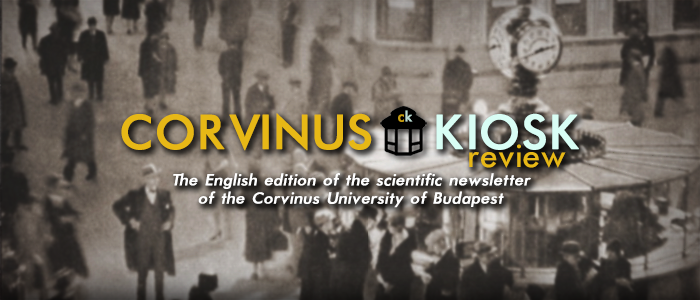
The scientific newsletter of Corvinus University of Budapest
Corvinus Kiosk is a newspaper that draws readers' attention to a wide range of scientific activities taking place at the Corvinus University of Budapest. Corvinus Kiosk Review contains a selection of articles and interviews in English highlighting recent events and research projects.
ISSN 2630-9955
Selection from the 2nd and 3rd quarter of 2018
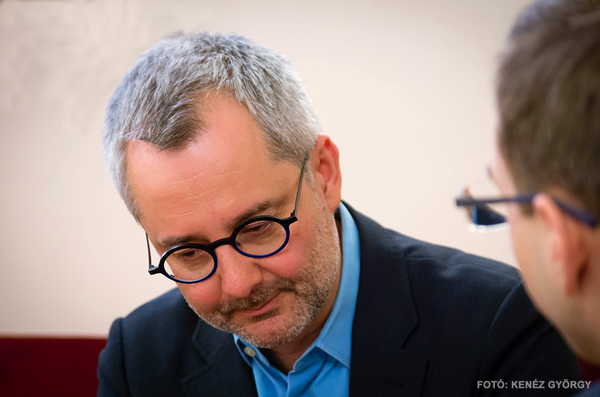
The Science of Success: Interview with Albert-László Barabási
How can success be measured, what do we know about the connection between performance and recognition? To answer the question, Albert-László Barabási and his colleagues examined the oeuvre of scientists, artists and sportsmen. They found out that „whereas performance depends on you, recognition depends on us”: while human performance is limited, success can be virtually unlimited. We talked to Albert-László Barabási during the Social Futuring Conference in March. (The conference was covered in one of our previous issues.) Read more >>>
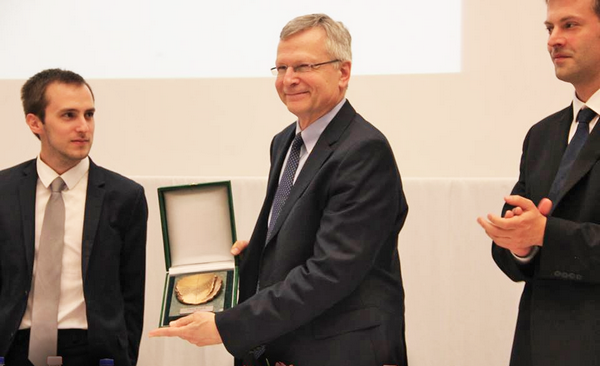
Populism from the right and left
– where is the world heading?
At the invitation of the Rajk László College for Advanced Studies of the Corvinus University of Budapest, Dani Rodrik professor of the Harvard University gave a talk on 16 May 2018 on the occasion of receiving the John von Neumann Award granted by the students of the college.
The professor started by saying that long-standing globalization trends have suffered a political backlash in the past years and this phenomenon has apparently led to concerns among economists. Rodrik said that twenty years ago he had already drawn attention to the fact that globalization was not necessarily sustainable politically as serious social tensions were slumbering beneath the surface.
Read more >>>
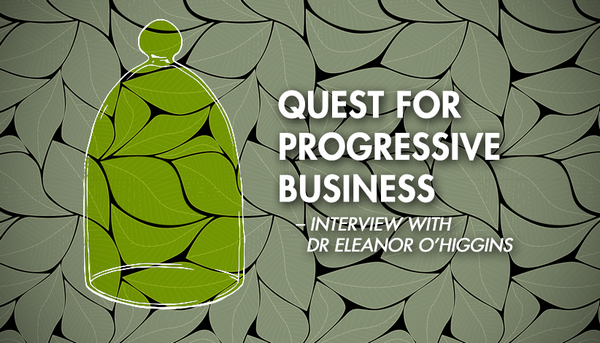
Quest for Progressive Business
– Interview with Dr Eleanor O’Higgins
Progressive Business Models: Creating Sustainable and Pro-Social Enterprise, a recently published book endeavors no less than to define and demonstrate by several business case studies what progressive business truly means. These cases prove that it is possible to be profitable and prosperous and at the same time ecologically sustainable, future respecting, and prosocial. The book was edited by Dr Eleanor O’Higgins, professor of University College of Dublin and London School of Economics and by Dr Laszlo Zsolnai, professor of Corvinus University of Budapest. We asked Dr O’Higgins about the creation, objectives and contents of this book. Read more >>>
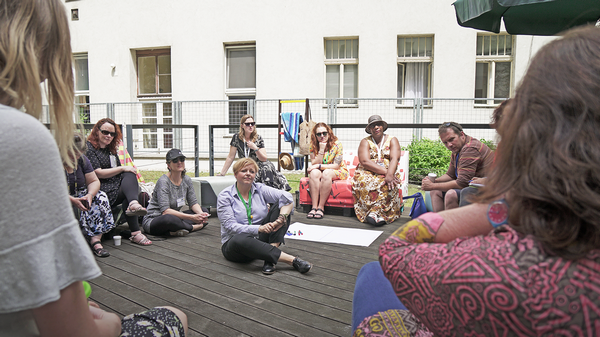
The Birth of the Homo Corvinus or Reflections and Inspirations at the Living Knowledge 2018 Conference
The arrival of the Science Shop community’s annual conference at our university had been in the air, we as lecturers and researchers of Corvinus were anticipating it. We knew that this research community and the intellectual current represented by them was centred on inspiration and reflection, the combination of the two being always very exciting. The event matured into one of the key moments of the research work of the local organizing team that was mainly composed of colleagues from the Department of Decision Sciences, at the Department of the Institute of Business Economics.
Read more >>>
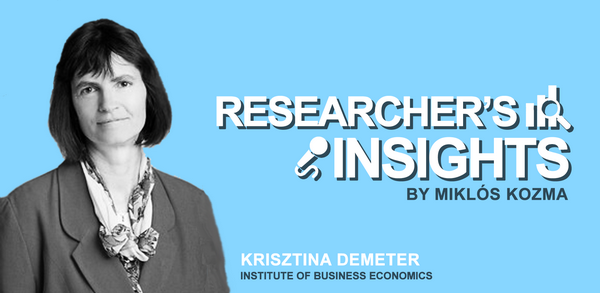
Will big will be even bigger? Digitalization and its consequences
Researcher’s Insights: Krisztina Demeter
I interviewed Krisztina Demeter, professor of the Institute of Business Economics about the role of manufacturing strategies in digitalization. We know that manufacturing in its current form and way of functioning does not have a bright future, the replacement of existing practices owing to digitalization is only a question of time. Read more >>>

What have you done, Zuckerberg?
Round-table on data protection
The General Data Protection Regulation (GDPR) entered into force in the European Union on 25 May following a transition period of two years. Besides unifying so far fragmented data protection rules existing in various forms, the regulation gives more say to users, thereby conferring more responsibility on them, but at the same time provides greater protection to their data. Read more >>>
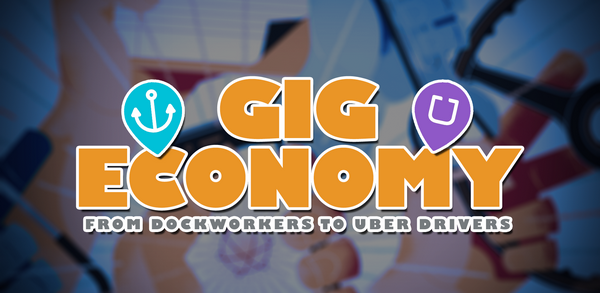
Gig Economy- From Dockworkers to Uber Drivers
What if from tomorrow on my boss was an algorithm? A reputational system that multiplies the effect of unconscious biases. An erratic, bad-tempered manager that never shows forgiveness and may fire me any time. This is how during his master class at Corvinus, Jeremias Prassl Associate Professor of the University of Oxford illustrated the threats of the gig economy, i.e. an economy that is based on temporary engagements transacted on a digital marketplace. Read more >>>

